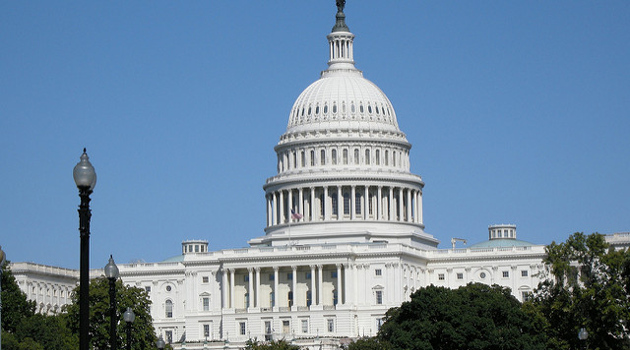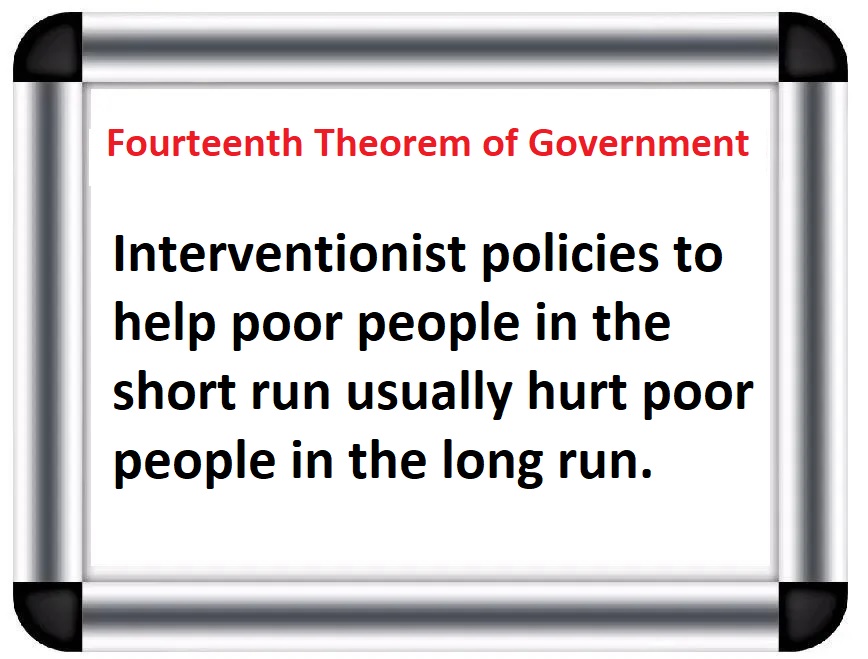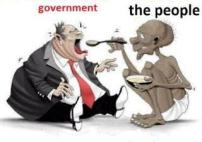My Fourteenth Theorem of Government explains that when government intervenes for the ostensible purpose of providing help to poor people in the short run, it is all but inevitable that such policies will hurt poor people in the long run.
It is hardly a revelation that bigger government causes problems, but it is particularly discouraging when such policies victimize the least fortunate members of society.
I’m discussing this issue today because I recently discovered a 2018 article by Brian Balfour.
Published by the Foundation for Economic Education, the article lists seven ways that government traps people in poverty.
At the risk of over-simplifying, four of those policies directly hurt poor people.
- The “quicksand effect” of the welfare state, which discourages self-advancement.
- Minimum wage laws that remove the bottom rungs of the economic ladder.
- Green energy policies that make basic utilities needlessly expensive.
- Protectionist trade policies that increase the price of essential products.
And three of those policies indirectly hurt poor people.
- Punitive tax policies that discourage job creation and productivity advances.
- Regulatory policies that impose high costs and cause inefficiency.
- Inflationary monetary policies by central banks that cause higher prices.
There’s nothing in the article that’s wrong, but I’m going to conclude today’s column by pointing out a big sin of omission.
The author’s list should have included the government education monopoly. Especially since poor families tend to live in the areas with the worst-performing government schools.
Failing government schools have a very direct and very negative impact on the life prospects of low-income kids.
So I’ll end by noting that I’m very excited that school choice is beginning to sweep the nation.
P.S. There are many other government policies that have a disproportionately negative impact on poor people. Everything from Social Security to revenue policing, but don’t forget government lotteries, licensing laws, and nanny state protections (all of which may help to explain why poor people are skeptical about the supposed benefits of bigger government).
———
Image credit: Shaw Girl | CC BY-NC-ND 2.0.



